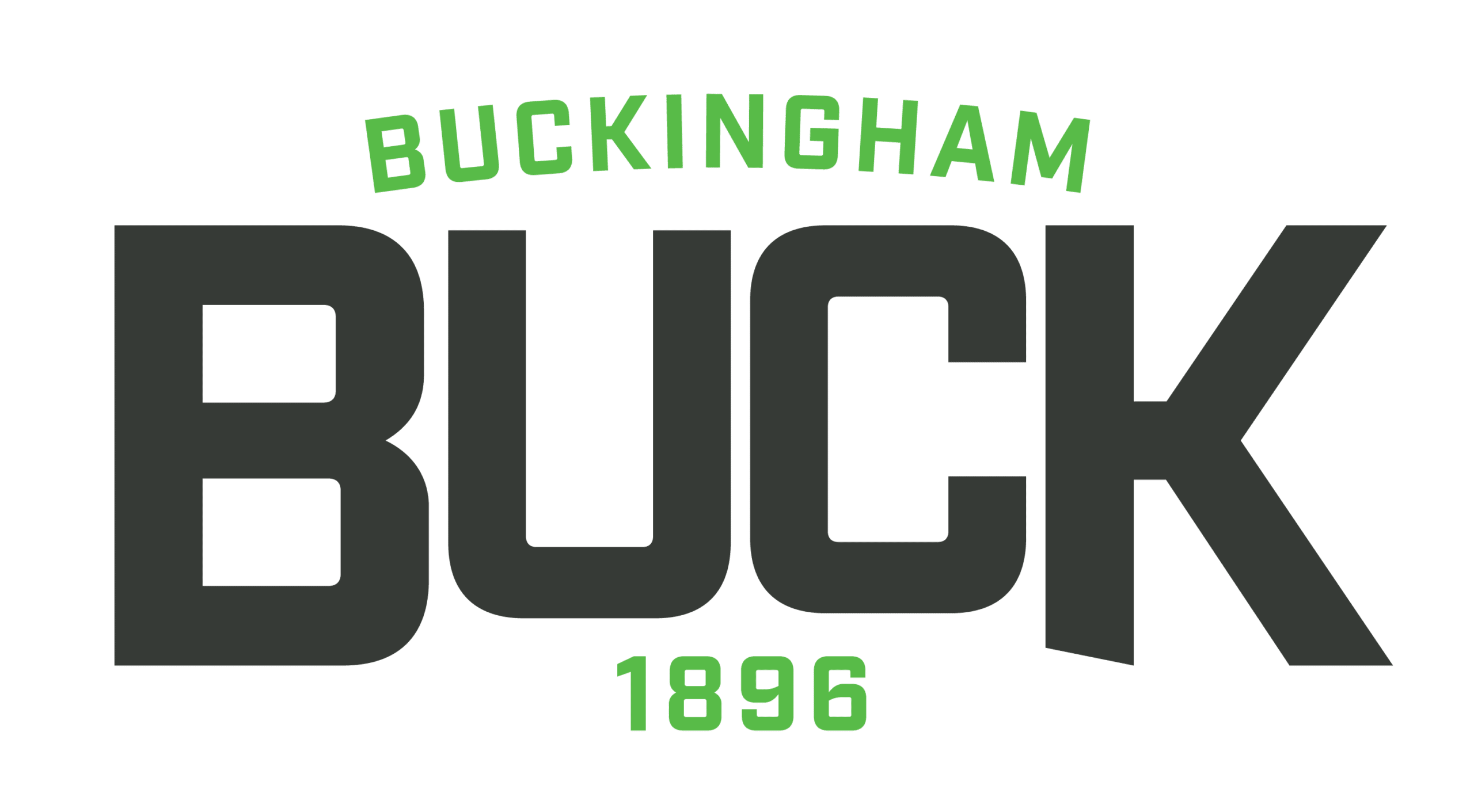
FTC Rulemaking: What's Happened and What It Means
Why Some Companies Might Not Be Following the Same Rules
Understanding the High FTC Bar
The FTC’s Made in USA Labeling Rule (MUSA Labeling Rule, 16 C.F.R. part 323) demands that any product claiming to be "Made in the USA" must meet specific criteria. To claim that a product is Made in the USA, without qualifying language, the product must be "all or essentially all" made in the United States. That means the product must be made entirely or nearly entirely from U.S.-sourced materials and undergo significant transformation in the U.S. Specifically:
- The final assembly and significant transformation must occur in the U.S. and
- All or essentially all of the product’s components should come from the U.S.
Companies should undergo a thorough review of their supply chain and the costs of U.S. parts and transformation and the importance of any foreign content to the product’s form or function. If a product does not meet these standards, it could be deemed in violation of the FTC Act, which prohibits unfair or deceptive practices in advertising (15 U.S.C. § 45).
If a company cannot support an unqualified Made in USA claim, a qualified claim may be appropriate. A qualified claim describes the extent, amount, or type of a product’s domestic content or significant transformation. The product must still have a significant amount of U.S. content or U.S. transformation. At a minimum, the product’s last “substantial transformation” should have occurred in the U.S., meaning that the product must undergo a significant change in form, character, or use in the U.S. For instance, if a product is assembled or stitched in the U.S. but does not undergo substantial transformation (such as a change in the form or character of the materials), it may not meet the FTC’s criteria. U.S. Customs also plays a role in determining whether stitching alone constitutes sufficient manufacturing for a "Made in USA" claim.
The Role of Outsourcing in Buckingham's Manufacturing Process
At Buckingham, we believe that our approach to outsourcing allows us to provide high-quality products while remaining competitive. Although we source certain components from international suppliers, all final assembly and significant transformations are done in the U.S. This allows us to maintain stringent quality control and meet the necessary compliance standards. Buckingham’s commitment to American manufacturing remains at the core of our values, and we carefully select global components that align with our safety and reliability standards.
While outsourcing components does not automatically disqualify a product from claiming a U.S. origin, companies must ensure that these practices comply with the FTC’s standards. This can include documenting and disclosing the cost and role of imported components, and understanding if they significantly contribute to the final product’s form or use.
Buckingham's Strong Commitment to American Workers
At Buckingham, we understand the immense value of American manufacturing. It’s not just about meeting regulations—it’s about supporting the U.S. economy, creating jobs, and ensuring that the products we make are of the highest possible quality. We pride ourselves on the skill and craftsmanship of our American workforce.
While other companies in the industry may still be learning about the FTC’s standards, Buckingham takes extensive steps to meet the requirements and comply with the MUSA Labeling Rule. We’re confident that our customers will continue to receive products that meet the high-quality standards they expect from us.
We encourage you to visit our facilities and see firsthand how we uphold these standards. At Buckingham, we take pride in our American workforce and the products we create, and we remain committed to excellence.
